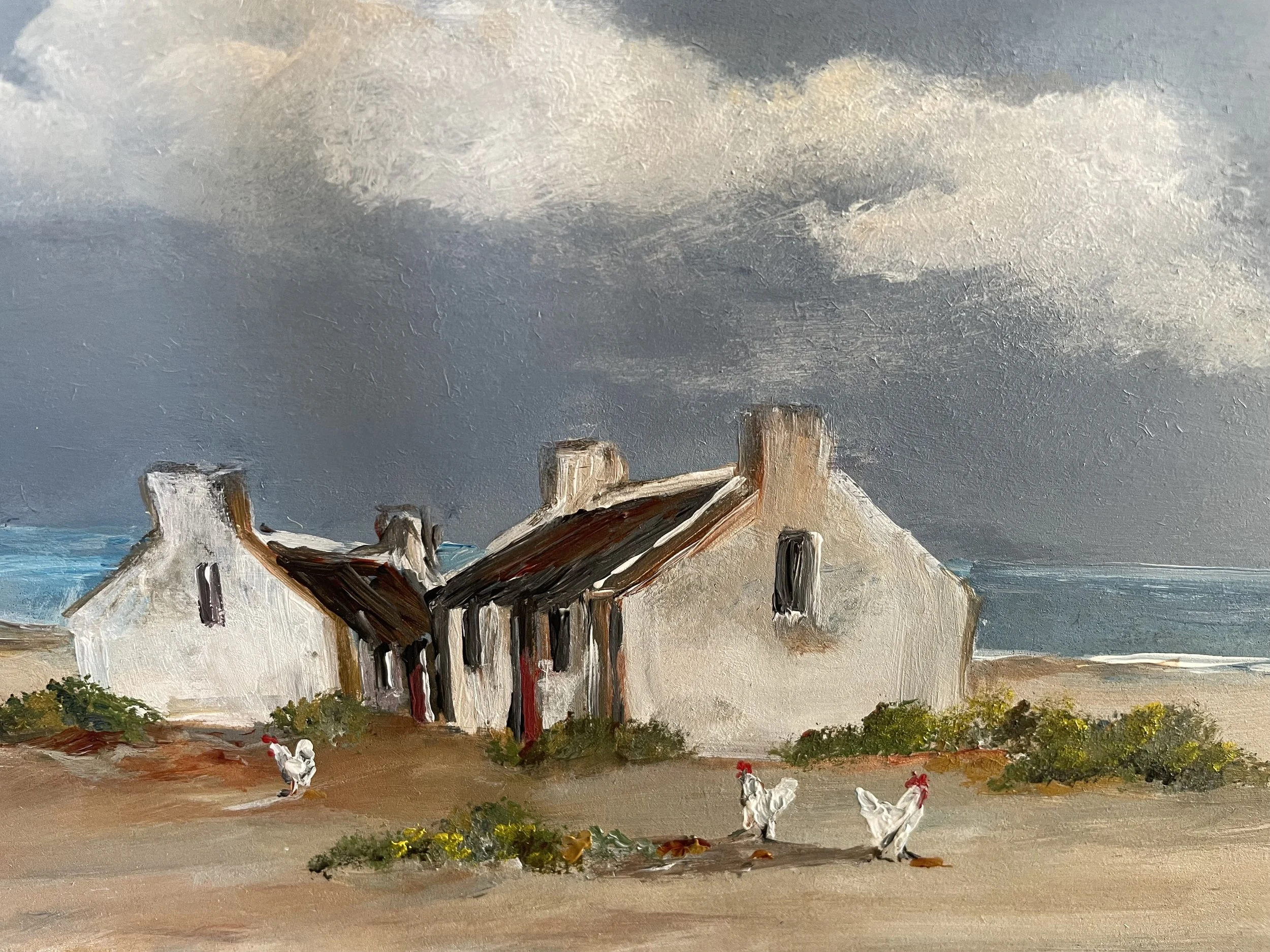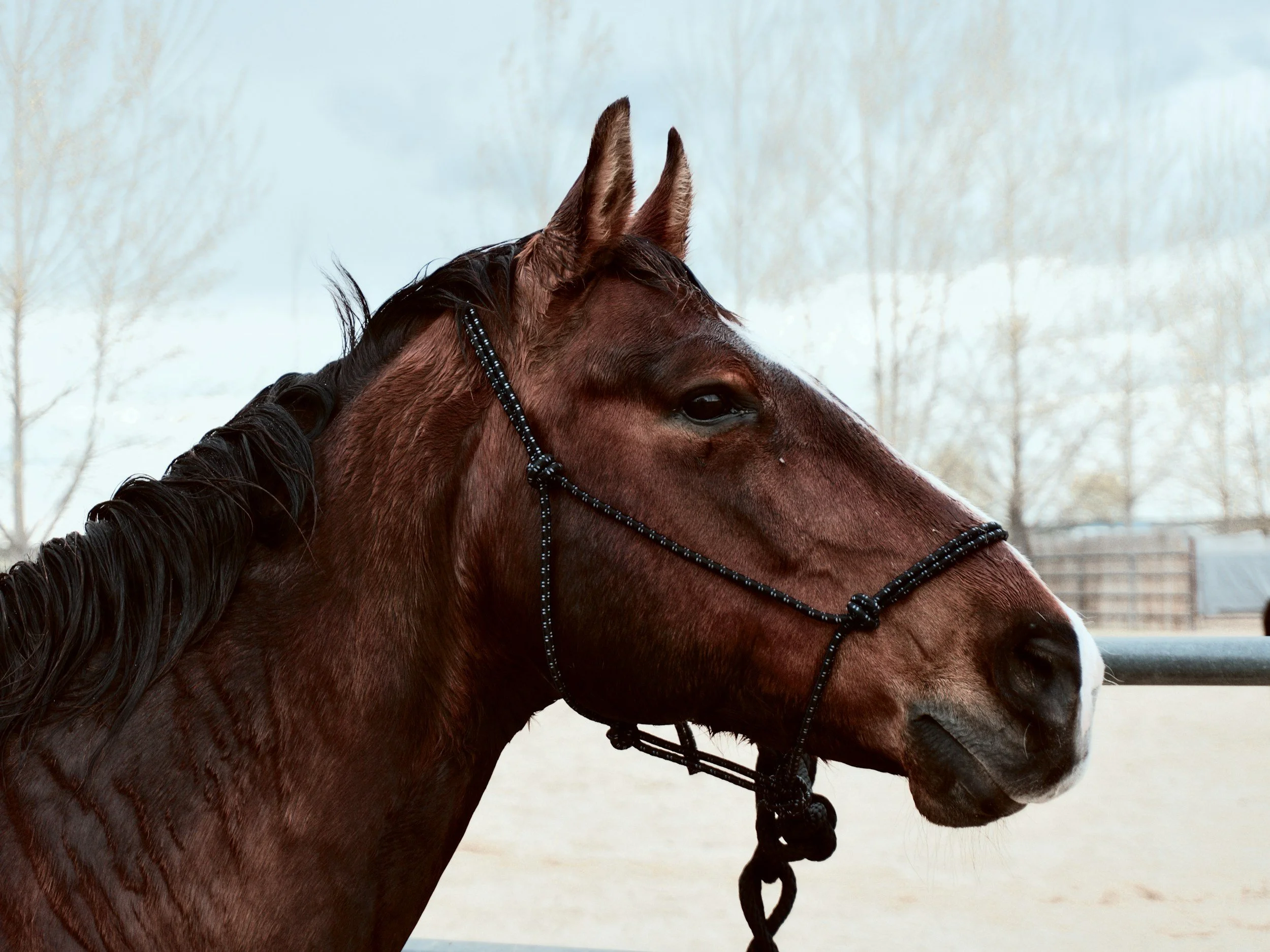Knocks and Footsteps Round the House
Choose a poem and write a story based around it – that was the task. I chose ‘A Smuggler’s Song’ by Rudyard Kipling, and weaved a dark tale about the head of a smuggling gang, his family, and his war with King George’s excise men. For those who do not know it, the poem is at the end of the story.
Despite his wounds, Father came to the attic bedroom where I was getting ready. Puffing, and wincing from the pain in his side, he sat on Sal’s bed and watched as I pulled Sal’s dress over my head.
‘You need to pull it down further than that. You’re meant to show what you’ve got.’ I knew he would heave himself off the bed to ‘sort it out,’ if I hadn’t done as he said: naked shoulders and half-naked breasts were what the customers expected to see. And fondle. I was being kept for a special customer. Father had it all planned. He wasn’t going to be taken down by King George’s men. No, not him. He had terrorised the region until he had become head of the only smuggling gang in the county.
Five and twenty ponies; their riders all answerable to him. Father made the profits, not that we saw any of the extra money. When he’d married Mother and taken over The Ship at Anchor, everyone knew not every barrel of brandy had tax paid on it, nor every pipeful of tobacco. But an occasional trip by a few trusted men down the byways and the grassy paths, which had been the norm in Grandpa’s time; became a twice weekly affair. More men, more contraband, more organisation – and more fear. Father would, could and did, use his weapons against his own men. Father was afraid of no-one. And, because he had a written record of who he’d sold to, what they’d bought, and for how much, he was not afraid of those who enforced justice – they were just as hypocritical as everyone else.
The high-born might pretend otherwise, but many a coming-out ball had been full of Father’s food, drink, smuggled lace and other expensive trinkets. Some of these fripperies found their way to other ladies. Ladies who were not wives, who lived a more precarious existence, but who had little choice in the matter – and no chance of respectability. Father supplied these ladies to whoever would pay. For a young, virgin, country wench, some men would pay a lot. And now, to keep the profits kept coming in, I was to take Sal’s place.
Sal – or Sally – was my blonde, kind, pretty, older sister. Often, when Mother was ill, or busy in the inn, or just generally tired; Sal used to look after me. We’d chase around the garden, climb the wood pile – except when Sal told me to keep away – or play with clothes-peg dolls. We would often go to see Gran in her cottage, sometimes staying overnight, though there were times when I would stay and Sal wouldn’t. I understand more now. Back then, not even Gran knew, and could not trust her suspicions about what was going on. Since then, she has made Mother tell her exactly what happened. Except it was too late. One day, Sal wasn’t there anymore. Father added Sal to the list of things I was not to talk about, I was not to notice her absence. After Gran asked Father too many questions, I was banned from visiting her.
Dressed, or rather, half-dressed, I stood and did the obligatory twirl in front of my father. Trusty and Pincher also rose to their feet. I shushed them with a gesture. Even Mother had noticed the house dogs getting protective of me as Father had hatched his plans. But instead of being relieved, she got worried and wanted rid of the dogs. I had refused, so they were reprieved, ‘unless they attack your father – for I won’t answer for the consequences.’
The dogs subsided as Father went to the door of my attic room. He looked me over yet again and grinned. I forced myself to smile back.
‘That’s better, Bess. Put a bit a bit more rouge on your cheek before you come down. And remember to stay out of sight unless I call you.’ Father eased his way back downstairs.
It had been a month ago when a brave man, a brave King George’s man, had challenged him and winged him. Father had left him to bleed his life away on the moor. That was one night we did not have knocks and whistles around the house. Father came home, his horse lathered in sweat, him all but falling off in a faint. Despite the ban Father had imposed, I ran to Gran’s cottage, where she lived with my dotty uncle. Uncle Bill, Mother’s older brother, should have been running the inn, but he’d been sent home from the French wars with a head wound, and now he could barely see and walked with a stick. To look at him now, you’d never think he could have once been a rifleman. At the time, Father’s offer to take over the inn seemed a sensible solution. One we now regretted.
However, that night, with an unknown excise man dying on the moor, Father was roaring with pain and Mother wouldn’t go near him. Gran went in to his room armed with a skillet: Father was either to shut up and let her examine him, or she’d hit him over the head with her pan, and if he died, she wasn’t going to worry about it. Mother stayed in the kitchen to clean the blood off Father’s coat and mend it. I said nothing. Asked nothing. Besides, I had an exhausted horse to look after.
Father lay in his bed for a week. When Gran wasn’t there, I had to take his food to him. Empty his piss-pot. Everything. He would lie there, plotting his vengeance. The looks he gave me made me realise I was included in those plans. Twelve-years-old was the age when our Sal started serving at the bar. She was forced to mingle with the customers as she refilled their flagons of ale. She was ‘not to mind’ if they came close – and she definitely was not to object if her newly-growing bosom was squeezed, or bottom fondled. At seventeen, she was gone, and I had reached my twelfth birthday.
Father’s justification was that he needed the staff. Respectable people had long ago stopped allowing their daughters or female cousins to become serving wenches at The Ship at Anchor. Disreputable people did not seem to mind who served them their contraband liquor, and disreputable people can repeat gossip just as much as their reputable neighbours. The rumour was King George’s men were about in force. One of theirs had been killed going about his lawful business, and they were going to find out who it was. It seemed every street corner had an armed man on guard duty, and patrols went out at all hours of the day or night.
Father had sniffed at the news. ‘If they hand me over, they know I’ll take them all down with me.’ Even so, the smuggling had stopped, and only one horse had left the inn to go, via the byways, to the shoreline. It returned with a package of letters, no more. How do I know? With Father injured, I had been the rider that night – which means, according to him, they’ll hang me too if I ever tell on him. So, I’m stuck. ‘I’ll let you keep the house dogs for now, you little whore. But see they behave!’
Mother backed Father up when I asked her. ‘They’ll hang us all! We’ve got to keep quiet; don’t you see? Just do as he says.’ All Mother could do was wring her hands and hide in the kitchen. Gran was busy, but she wasn’t looking after Father and Uncle Bill all the time. For all Father didn’t like it, she was not going to be stopped from talking with her only surviving granddaughter.
‘Happen your father’ll work you to an early grave. Just like her, given the chance.’
‘Can’t we do anything?’ I asked, tears forming as Sal’s destiny filled my mind.
‘Depends. How brave are you?’
I didn’t feel brave as I shut the dogs in my room and crept down the stairs. There was a quietness to the bar. King George’s men were here to search for contraband. However, as we’d known they were on their way, they’d not find any. Father even got the official account books out for the captain to read. Part of his plan. If the captain was going to be quartered with us for up to a week, that was no problem. If the captain’s men were to be placed elsewhere in the village, Father would put his men nearby. He had it all worked out. The captain’s travelling chest, even now, was being taken to the best room the inn had. Father was insisting the men all had a drink on the house. The captain equally deciding they’d have nothing but beer, and then go about their duties.
After the men had left, the captain decided that, yes, he would have some of the smuggler’s pie. It was nothing special, just our name for a meat pie with all sorts of meat in it. I’ve since been told, in other parts of the country, it’s called poacher’s pie: venison, duck, pork – you name it, it’s probably in it. I was to serve it to him and ‘help him go over the books’ in his room. His trunk was already up there.
I was, on pain of Father’s anger, also to make sure I supplied the captain’s ‘added extras,’ and comfort him until he slept. The captain was surprisingly amenable to having a young serving wench as his only companion for his supper. Despite Gran being in her corner watching and scowling, the captain slipped his arm round my waist as we left the bar area and headed for the stairs. Father hovered by our side carrying the books. He guided us upstairs, pretending all the time he was hale, hearty and whole. Mother would bring the food, and then ‘leave us in peace.’
‘You mind you do as you’ve been told,’ Mother hissed at me when she was about to leave the room. The tray of food had joined the books on the table. She’d found me standing by the door while the captain sat on the bed. I glared at Mother.
‘And if I am? Do I get another promise of a dolly from France?’ At my words, Mother glanced fearfully in the captain’s direction, muttered something about it being ‘all for your father,’ and left us alone, pulling the door closed behind her. I was trapped.
The captain stretched out on the bed. He hadn’t even taken his boots off.
‘Come here,’ he said, ‘and sit down.’
Sit? He was pointing at the far end of the bed. His smile was kind.
‘Are you all right? A bit nervous?’ he was looking at me, ‘You know the rouge is coming off your cheek?’
I put my hands up to my face in horror, but he laughed: ‘Not quite the same lass as when you’re riding out of an evening, are you? Your cheeks were naturally red then.’
I glanced at the door: ‘Shh!’ I said, ‘they might be listening.’
The captain got up, strode to the door, opened it, and peered out. Someone clattered down the stairs. ‘Nobody’s there now,’ he said as he closed it again, and locked it.
He turned round: ‘I think you’d better open the window and throw that food away.’ I moved to obey him more readily than I had done my own parents’ bidding. The laudanum in his pie would make anyone slow down. I knew there were going to be added ingredients when Mother told me not to taste, ‘not even a mouthful.’
‘You know there are men out there?’ I hesitated at the open window.
‘Mine,’ he replied, ‘now, are you sure about this?’ There were two plans for this evening. Both needed me to be out of the way at the vital moment. The captain was opening the wardrobe, and pulling the spare sheets out. The sheets I’d sneaked in there earlier when I’d been sent to make the bed.
‘You can tie knots, can’t you?’ he asked. I nodded. I was going to be active for the next while – just not in the way Father wanted. This was the second plan. The captain’s plan.
The sheets, tied together, made a good rope. The first up was the sergeant.
‘Good evening, miss. We’ve got this now.’ He turned to help two more men into the room. What Gran and I hadn’t told Father was there had been a watch placed on The Ship at Anchor ever since the extra excise men had arrived in the area. If Father had demanded to know what I was doing all the time, and if Gran had only been ‘allowed’ to go back and forth to see to Uncle Bill; Uncle Bill could not be prevented from talking with old comrades who popped by to visit. If Uncle Bill had also passed on written messages, despite being unable to read, then who was to know at the inn? Certainly not the man on his sick bed.
So, when I had ridden out with the note for the smugglers’ ship’s master, I had been shadowed until I was out of sight of the inn. Then my escort, including the captain and the sergeant, joined me. Hidden further up the beach, they watched me parley with the French …
In whispers, not knowing when the listeners outside the bedroom door would return, I told the captain Father had enrolled two of his deadliest henchmen – the three of them were to crowd into the room together firing their pistols at the bed in righteous anger at how a serving officer of the crown had taken advantage of a young girl. The landlord’s black-eyed daughter at that! There would be no mercy.
I went to the door and put my ear against it. Scuffling and murmuring – the henchmen were in place. I checked the key was in the lock, so there could be no peering in. At the appropriate time, and to the silent amusement of all four men in the room, I repeated some of the noises I’d heard through other bedroom doors on other nights. Then it was the captain’s turn to act. As he quietened down, I was to hurry out of the room. He escorted me to the door.
I barely had time to turn the key before the bedroom door crashed open. The captain shoved me aside, covering me with his body as we thudded to the floor. Gun-shots, shouts and screams filled the air. Then silence. The men in blue and red reloaded their muskets. ‘Are you all right?’ the captain asked. On my nod, he rushed out of the room, sword drawn. His men followed, leaving me crouched down behind the door, staring wide-eyed at the bodies.
‘Help me,’ a voice croaked. It was Father. He’d sent his two henchmen into the room first. They were dead. He was shot, but alive. I suppose if I’d bound up his wounds, if I’d got Gran upstairs to see to him, he might have lived. But he hadn’t waited until I was out of the way, back up in my attic room, had he? I watched. A twelve-year-old girl, an apprentice whore in a low-cut borrowed dress, a no-longer innocent daughter, I watched my father cough up his life. Gran found me after it was all over. We went upstairs to find a frantic pair of dogs, who licked away my tears, who shared my bed that night and who never left my side.
Trusty's here, and Pincher's here, and see how dumb they lie -
They don't fret to follow when King George’s men go by!
Gran now runs The Ship at Anchor inn with me by her side. Of course, Uncle, being the man, is officially in charge; but as he’s not quite right, we let him sit in the bar, telling tales of when he was fighting the French. And if a customer wants to buy him a drink, why not? Most evenings by ten o’clock, he’s slumped in his corner, snoring away. Often, it’s his old comrades who are buying him ‘one for the road.’ We hope he lasts until I’m old enough to run the inn myself. The captain – now we have to say the major – keeps an eye on us. He has said he’ll speak up for me when the time comes. I don’t think I want to marry.
As for that night. Everything went well: even the packet of letters I was allowed to hand over, served its purpose. Thought I’d forgotten? Letters for the spy? He, too, was taken and hanged. Like Mother was. The law said she had known about Father’s smuggling and his treachery in his dealings with the king’s enemies, so she was ‘culpable.’ Gran said she deserved hanging as she had done nothing to help Sal.
Sal could no longer pretend to be a young virgin when she showed signs of the pox. So, Father had sent her to town to earn her living there. Instead, full of shame at what she had become, Sal filled her pockets with stones and walked into the sea.
A Smuggler’s Song
by Rudyard Kipling
If you wake at midnight, and hear a horse's feet,
Don't go drawing back the blind, or looking in the street,
Them that ask no questions isn't told a lie.
Watch the wall, my darling, while the Gentlemen go by!
Five and twenty ponies,
Trotting through the dark -
Brandy for the Parson,
'Baccy for the Clerk.
Laces for a lady; letters for a spy,
And watch the wall, my darling, while the Gentlemen go by!
Running round the woodlump if you chance to find
Little barrels, roped and tarred, all full of brandy-wine,
Don't you shout to come and look, nor use 'em for your play.
Put the brushwood back again - and they'll be gone next day!
If you see the stable-door setting open wide;
If you see a tired horse lying down inside;
If your mother mends a coat cut about and tore;
If the lining's wet and warm - don't you ask no more!
If you meet King George's men, dressed in blue and red,
You be careful what you say, and mindful what is said.
If they call you "pretty maid," and chuck you 'neath the chin,
Don't you tell where no one is, nor yet where no one's been!
Knocks and footsteps round the house - whistles after dark -
You've no call for running out till the house-dogs bark.
Trusty's here, and Pincher's here, and see how dumb they lie -
They don't fret to follow when the Gentlemen go by!
If you do as you've been told, 'likely there's a chance,
You'll be give a dainty doll, all the way from France,
With a cap of Valenciennes, and a velvet hood -
A present from the Gentlemen, along 'o being good!
Five and twenty ponies
Trotting through the dark –
Brandy for the Parson,
'Baccy for the Clerk.
Them that asks no questions isn't told a lie -
Watch the wall, my darling, while the Gentlemen go by!






